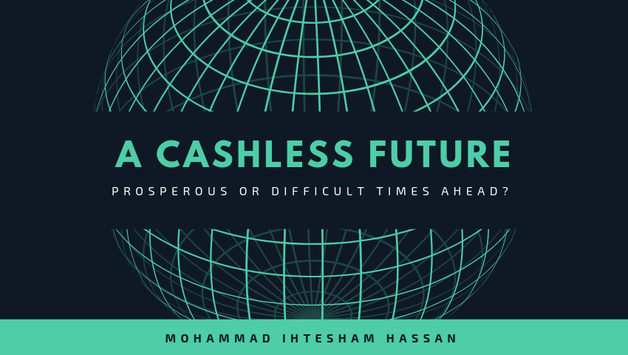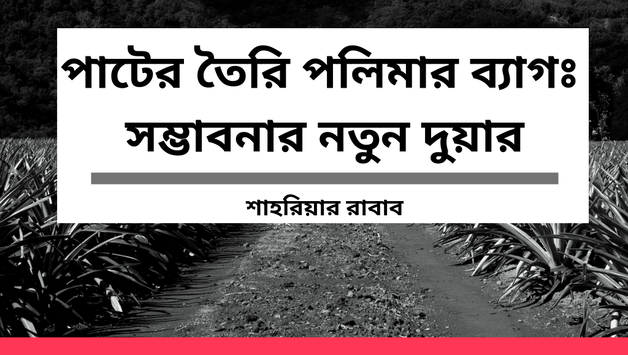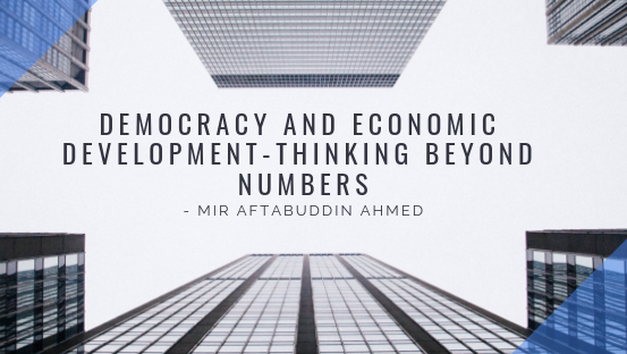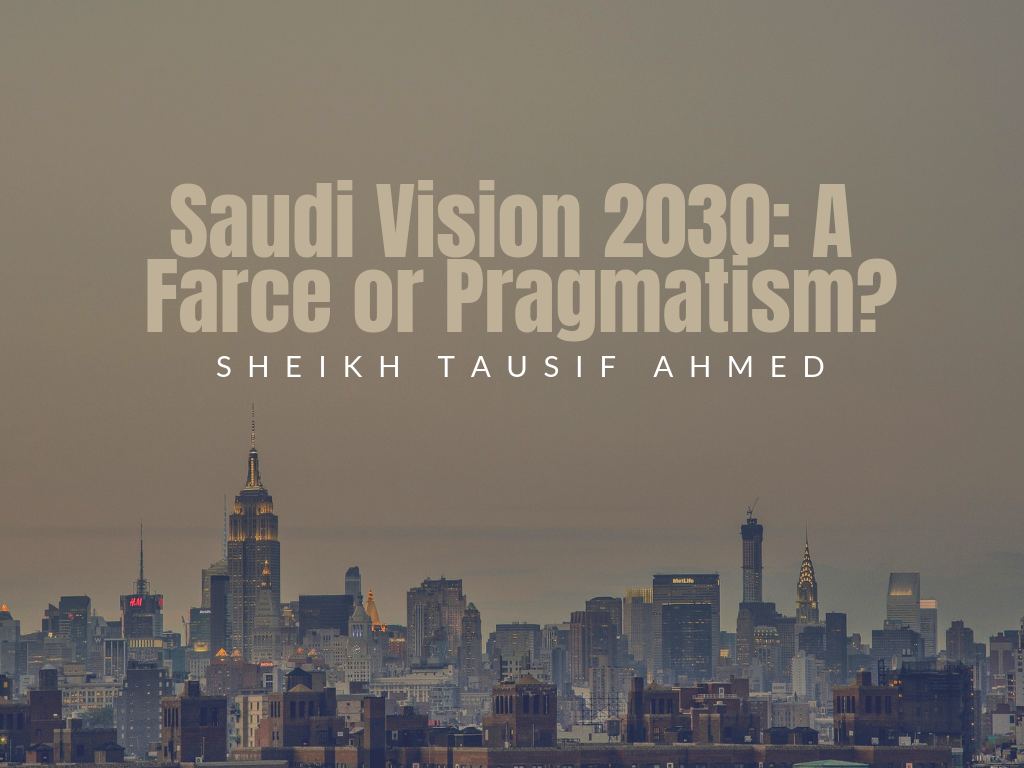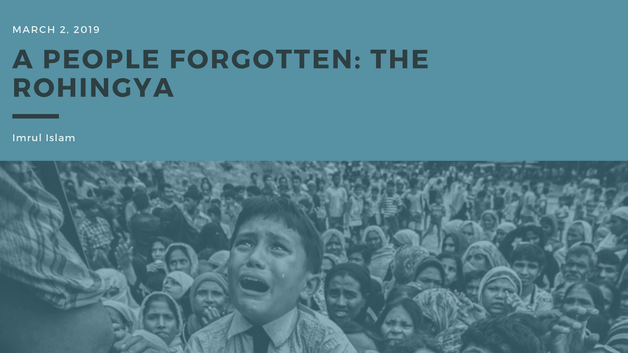ECONOMICS STUDY CENTER, UNIVERSITY OF DHAKA
|
Mohammad Ihtesham Hassan Bartering was the first known method of humanity invented for exchanging goods or services. However, simple problems such as comparing perishable and nonperishable items, or how many cows should you exchange for how much clothes eventually paved way for the development of newer methods. Commodity money, i.e. money that has intrinsic value such as gold and silver coins then came into being. This eventually evolved into the system of representative money i.e. paper money. The first banknotes in Europe were issued by Stockholms Banco, a Swedish bank in 1661; four centuries forward, Sweden is on its way to becoming the first cashless country in the world in 2023.
Findings from the World Payments Report 2018 show that global digital transaction volumes grew at 10.1% in 2016 to reach a staggering 482.6 billion. Emerging economies of Asia (25.2%) and Central Europe Middle East and Africa (CEMEA) (17.1%) were the main driving force behind the growth. Such huge growths were possible because of governments’ initiatives to increase financial inclusion and increasing adoption of mobile banking services. With technological upgrades, credit cards, mobile money wallets and online payment systems such as PayPal assist in making our lives a lot easier. Findings from a PayPal report called ‘Digital Payments: Thinking beyond Transactions’, where 4000 consumers and 1400 merchants of seven countries- China, India, Hong Kong, Singapore, Thailand, Philippines, Indonesia were surveyed, 69% of the respondents cited convenience as the number one reason for using digital payments frequently. Carrying cash can be a headache at times- be it from risk of theft, not having change or even forgetting what you spent your money on, the list goes on. 38% said secure transactions was why they preferred using digital payments while 35% said discounts and promotional offers they received acted as a push factor in opting for digital payments.
1 Comment
শাহরিয়ার রাবাব দেশের সোনালী আঁশ নামে পরিচিত পাটের উৎপাদন ভৌগোলিক অবস্থানগত কারণে এ অঞ্চলে ব্যাপক। দেশের কৃষিখাতের একটি বড় অংশ এখনো পাটের অধীনে যা কি না কল কারখানা থেকে শুরু করে ঘরের সৌখিন আসবাবপত্রেও স্থান করে নিয়েছে। আর এরই ধারাবাহিকতায় প্লাস্টিক পলিমার ব্যাগ এর বিকল্প হিসেবে আবিষ্কৃত হয়েছে পাটের তৈরি পরিবেশবান্ধব পলিমার ব্যাগ। আর এই আবিষ্কারের পিছনে মূল কারিগর হিসেবে কাজ করেছেন বাংলাদেশের এক বিজ্ঞানী। শুধুমাত্র পাটের আঁশ ব্যবহার করায় এটি পরিবেশের জন্য উপযোগী। তাছাড়া বাজারের অন্যান্য দ্রুত পচনশীল ব্যাগ এর তুলনায় এর দামও অত্যন্ত সাশ্রয়ী।
Mir Aftabuddin Ahmed General trends in nominal economic indicators suggest that Bangladesh is on a rampant path of socioeconomic progress – the emphasis of the Awami League Government has been in the vicinity of real GDP increases over the past 10 years of their rule. In all certainty, whether it be in the avenues of enhancing the quantity of education services across the country or investing in information technology, successive regimes headed by Prime Minister Sheikh Hasina have led the country towards impressive strides with relation to increasing GDP figures. Yet in my opinion, there is a need to question the Government on 3 key areas of progress:
Sheikh Tausif Ahmed Saudi Arabia is probably one of the most reserved countries in the world. But, in recent times, there has been a change in this regard, under the leadership of crown-prince Mohammad Bin Salman, de-facto ruler of the peninsula. Colloquially known as MBS, the prince brought about a change with his vision 2030, where he declared intent to reduce Saudi Arabia's dependence on oil, diversify its economy, and develop public service sectors such as health, education, infrastructure, recreation and tourism. At the center of this plan is the $500 billion city of the future ‘NEOM’, located near the border with Jordan & Egypt, which was announced in 2017. Saudi Arabia also wants to bring about social changes under this new leadership like- more freedom for women & more open practice of Islam etc.
Imrul Islam For much of the last century, the story of the Rohingya has been one of a people fleeing forces beyond their control. The genocide that took our Facebook feeds by storm didn’t materialize out of ether in 2017, it has been decades in the making.
|
Send your articles to: |
